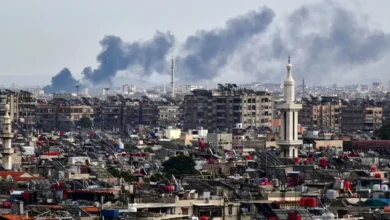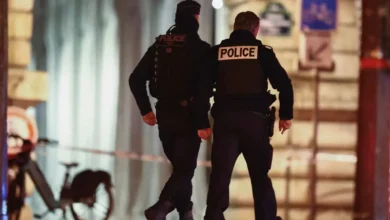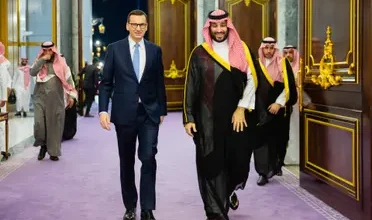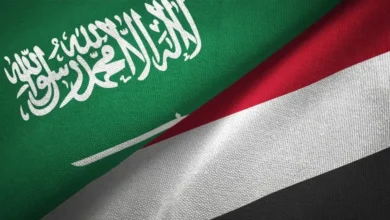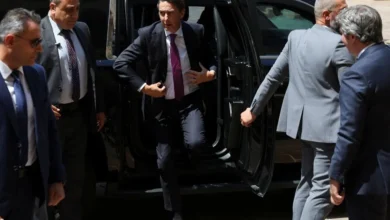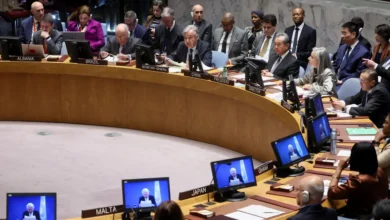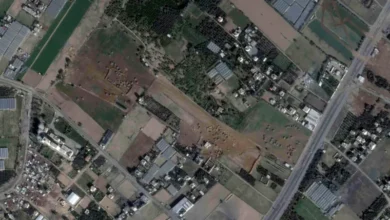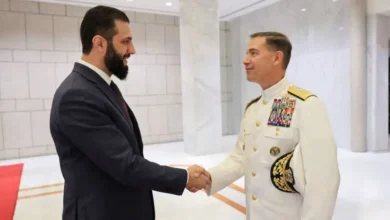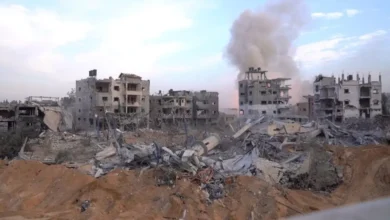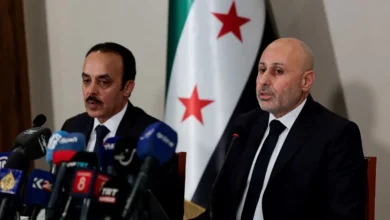Lebanon risks losing US support over delays on Hezbollah, economic reforms
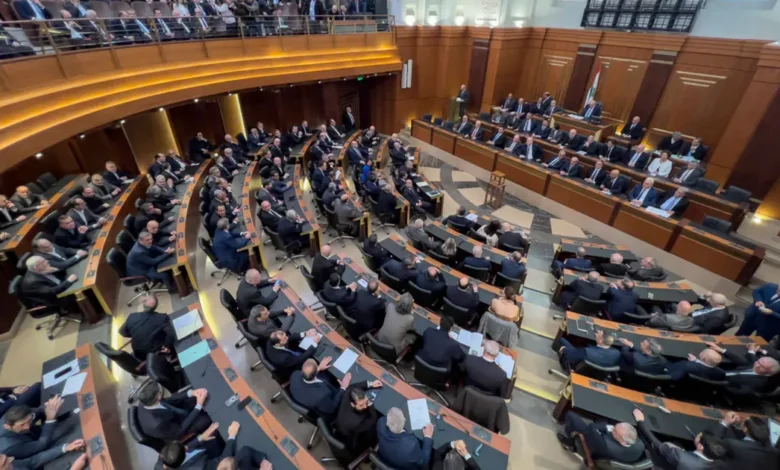
The Trump administration remains hopeful that Lebanon’s government will fulfill its commitments to the international community—chiefly disarming Hezbollah and implementing key economic and financial reforms. But without tangible progress, Beirut risks losing US support, American officials and sources familiar with internal deliberations said.
Several US officials, speaking on condition of anonymity, pushed back on speculation that Washington is shifting its Lebanon policy. However, they stressed that patience within the administration is wearing thin.
Among the rumors circulating is that the US and Israel have agreed not to renew the mandate for the UN peacekeeping force in Lebanon (UNIFIL), which comes up for a vote in August. A State Department official rejected the claim, calling it inaccurate, although US officials are considering changes to the mandate’s language, citing the need for more effective enforcement.
A delegation from the State Department’s Bureau of International Organization Affairs is set to visit Beirut this week as part of ongoing policy discussions in the lead-up to the UN vote. Meanwhile, Lebanon’s defense minister has called for an unconditional renewal of UNIFIL’s mandate.
In a separate development, Tom Barrack—US ambassador to Turkey and recently appointed special envoy for Syria—will travel to Lebanon next week, according to officials familiar with his plans. Barrack, a close ally of President Donald Trump who previously held Lebanese citizenship, is expected to assess progress on disarmament and reform. He will also explore the possibility of initiating border demarcation talks between Lebanon and Syria following his meetings with Syria’s interim president, Ahmed al-Sharaa.
Focus on Hezbollah’s weapons
Deputy Special Envoy for Middle East Peace Morgan Ortagus recently underscored the Lebanese government’s responsibility to disarm Hezbollah. Despite unconfirmed reports that she had been removed from her post, Ortagus remains in her role, according to the State Department website.
While the LAF has deployed to areas it previously was unwilling or incapable of deploying to, “there’s a lot more to go,” Ortagus said. She said Lebanese authorities had done “more in the last six months than they probably have in the last 15 years.”
Under a ceasefire agreement reached last November, Hezbollah was to withdraw its fighters north of the Litani River while Israel pulled out of southern Lebanon. Yet Hezbollah says it will not discuss its remaining weapons until the Israeli occupation of five border points ends.
Washington maintains that Hezbollah must fully disarm and dismantle its military infrastructure throughout Lebanon, not just the south. Officials welcomed Beirut’s recent decision to enter and demilitarize Palestinian refugee camps—long governed by the 1969 Cairo Agreement—but remain wary that this move could be a diversion from the more pressing Hezbollah file.
“We need to see more than declarations,” a US official said. “The issue of Hezbollah’s arms must be addressed swiftly.”
Economic reform and foreign aid
The Trump administration also continues to press Lebanon to enact long-awaited economic reforms following its financial collapse, the recent Hezbollah-Israel war, and decades of systemic corruption.
US officials noted a broad consensus among Washington, Gulf allies, and international financial institutions that aid will only increase once Lebanon enacts clearly defined reforms. The US is clear-eyed about the challenges due to, among other things, the fact that Parliament is run by Hezbollah ally Nabih Berri, who has long been seen as a face of corruption in Lebanon.
Berri’s control over the finance ministry has enabled him to block key reform efforts. Still, the US expects concrete movement on reform measures in the near term.
“We want to see results, and we want to see them quickly,” another US official said.
